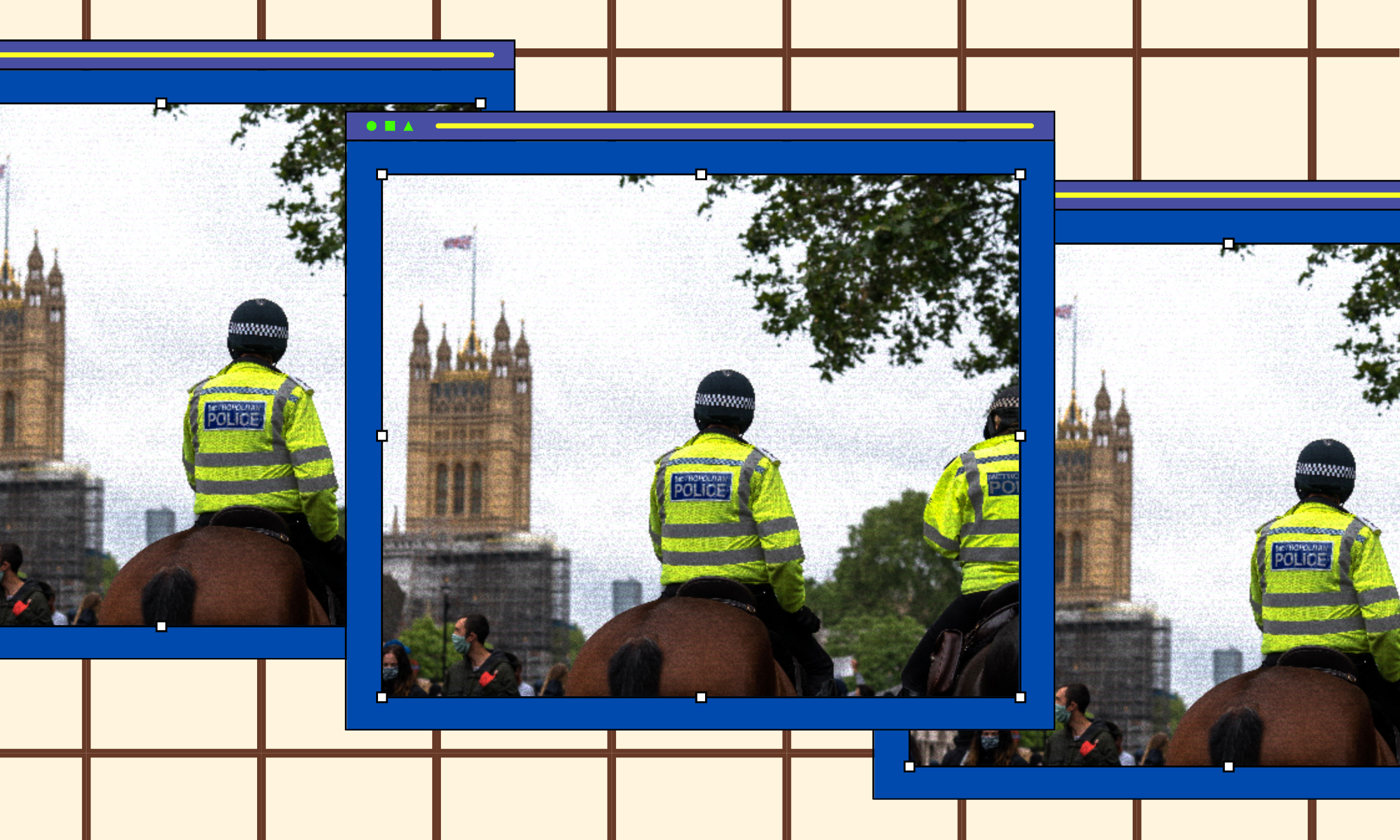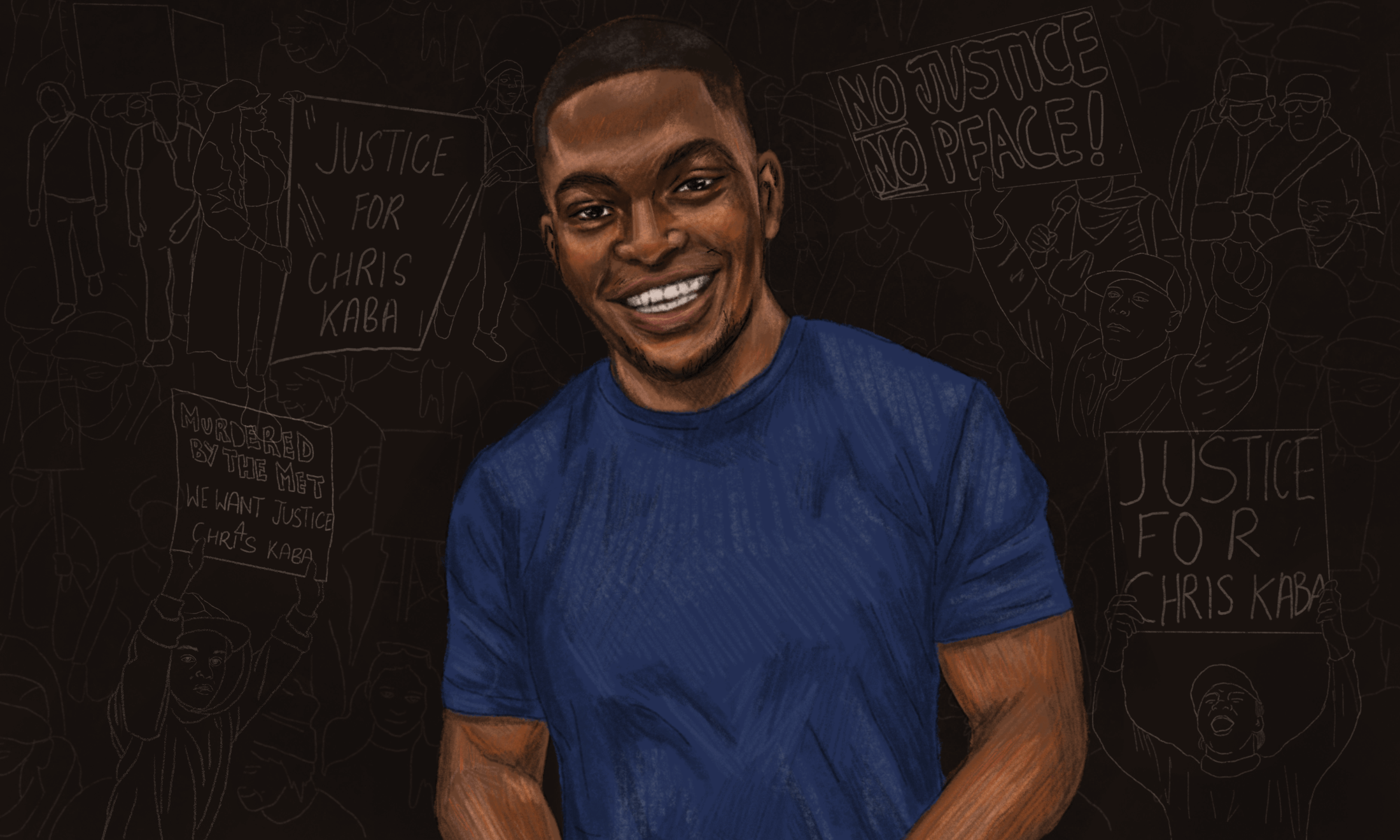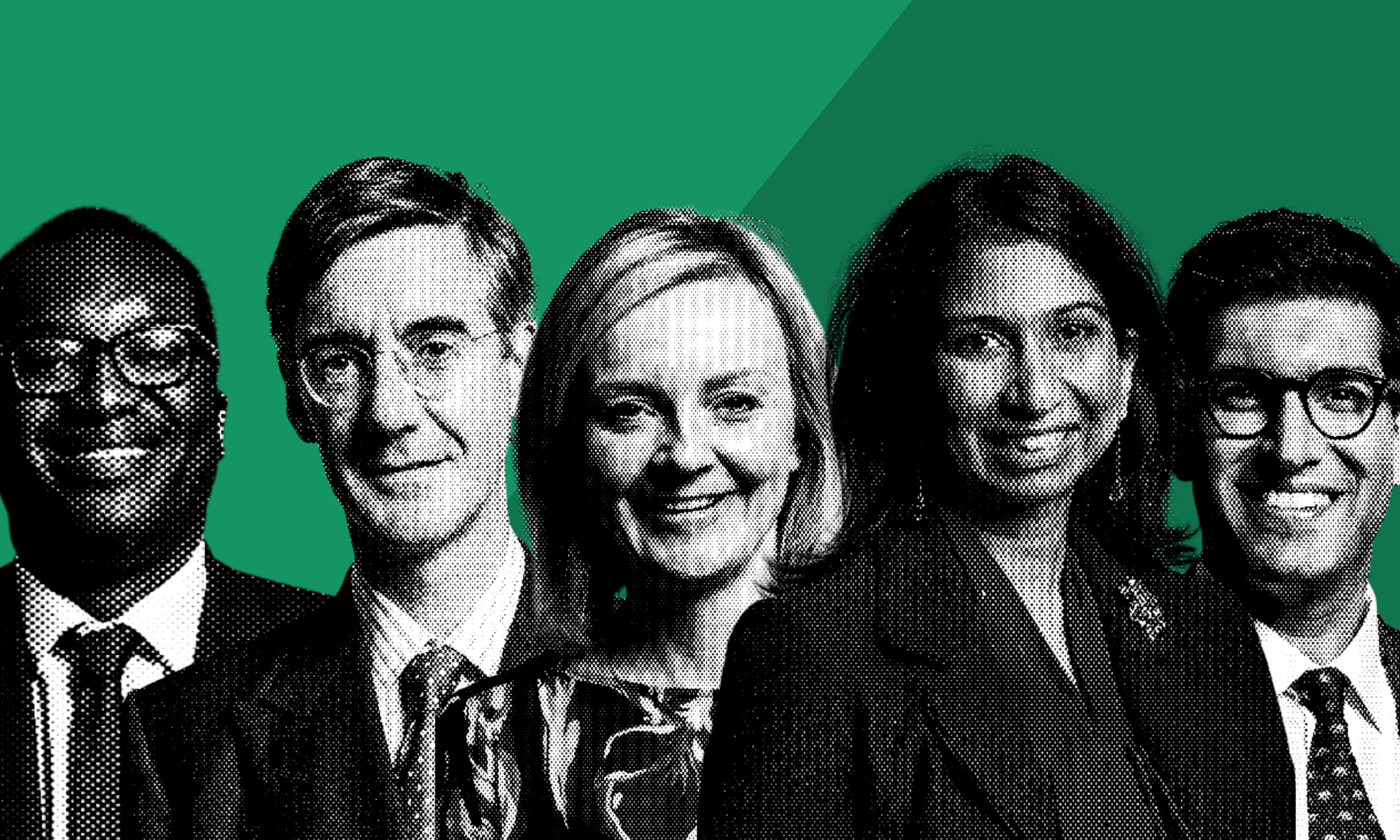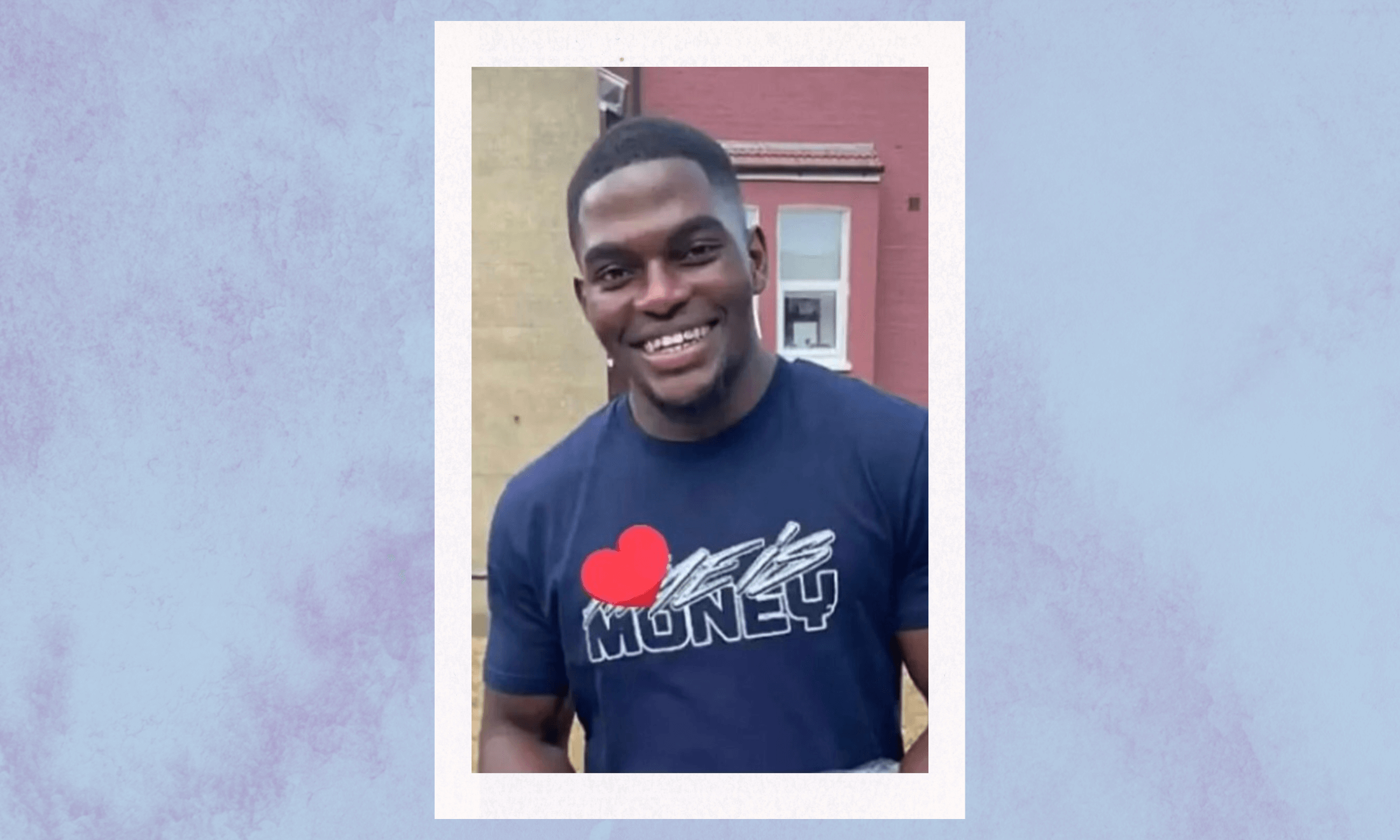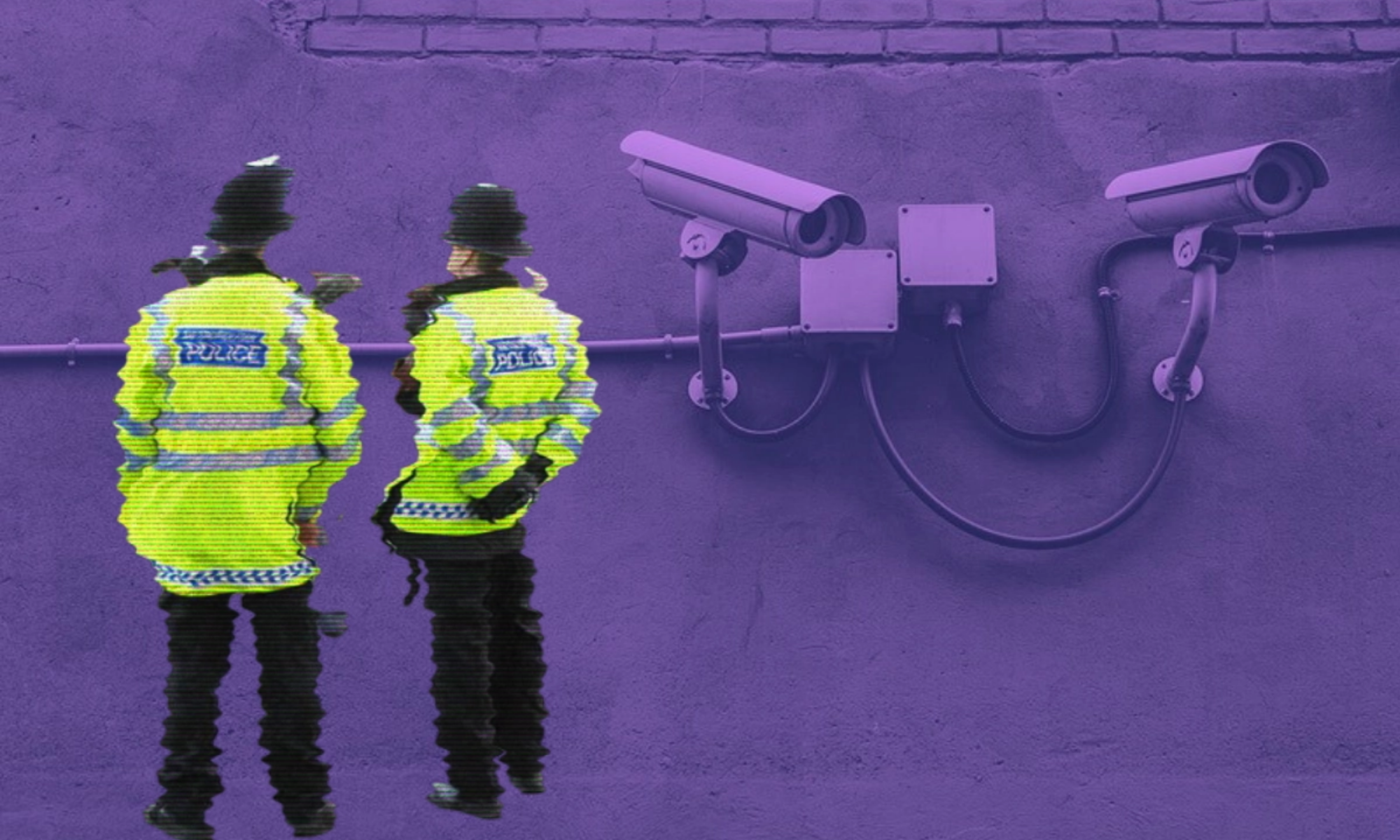
From stop and search to coronavirus – increased police powers will always harm people of colour
Communities of colour have always been disproportionately impacted by expanding police powers – and yet the state persists.
Micha Frazer-Carroll
25 Mar 2020
If the outbreak of a global pandemic didn’t feel frightening enough, the announcement that the UK will now be operating under what looks a bit like a police state feels like a grim final confirmation that we are living in some form of Orwellian science fiction. Can we turn the dystopia down a notch?
The decision came down swiftly, supported by a 329-page “Coronavirus Bill” that will likely be pushed through the House of Lords by tomorrow at the latest. If passed, the legislation will introduce a number of new police powers that should especially be of concern to people of colour. This includes stronger powers to enforce business closures and penalise companies that don’t abide by the law, as well as powers to enforce “social distancing” – which asks people to drastically limit their physical proximity to others. The police and immigration officials will also gain the ability to detain and test anyone they suspect has the virus. Meanwhile, the literal military is set to collaborate with the police on the implementation of these powers.
We can base predictions that these new regulations will target PoC on past evidence. One similar domain where we see police powers play out along racial lines is stop and search. Introduced in 1984 (aptly), the power allows the police to stop, question and search you at any time if they have “reasonable grounds” to believe you’re carrying criminalised drugs, weapons, stolen property or anything they think you could be using to commit a crime. But “reasonable grounds”, in practice, often just means the application of racial biases and criminalising black individuals. In the UK, black people are 40 times more likely to be stopped and searched than their white counterparts, and in May last year, former Home Secretary Sajid Javid made it even easier for police to use the power.
Given the extent of the new powers, and the inherent institutional racism of the police, we have little reason to doubt that people of colour will be disproportionately targeted. Kevin Blowe, coordinator for the Network for Police Monitoring (Netpol) tells gal-dem: “The ability to control us just became more sweeping than at any time in the last 70 years. It is naive, therefore, to expect that, uniquely, new powers to enforce physical distancing, or to detain, isolate and test “potentially infectious” members of the public, will somehow magically roll out without the same kind of abuse and discrimination”.
“The ability to control us just became more sweeping than at any time in the last 70 years”
We should remember that the government’s failures also make people of colour more likely to need to go outside during “lockdown” – exposing them more to these new powers. A spokesperson from North London Sisters’ Uncut, a feminist direct action group, explained that because people of colour are more likely to be in poverty and precarious work, the government will need to put adequate protections in place to get our communities indoors. “We need a rent freeze, we need to ensure all zero-hours contract workers and self-employed people have access to enough money to survive, and we need liveable universal basic income. We do not need more power in the hands of the police”.
Yet the Tories will likely continue to blame people of colour and other precarious workers for the “need” to increase police powers; as we’ve seen from the reaction to pictures of London trains crowded by people who have to go to work being shared on social media in disgust at their apparent lack of regard for social distancing. Kevin tells gal-dem: “We can expect plenty more finger-pointing and criminalising of ‘anti-social’ conduct in the coming months, and racialised communities will know from bitter experience who they will point towards.”
Kevin also points out that people of colour will be affected in uniquely discriminatory ways as the police decide who to test for the virus. “Racialised groups are more likely to include more front-line or more exposed workers, and we may see the influence of outright xenophobia, especially against the Chinese community.”
“We saw this after the 9/11 attacks and again after the 2005 attacks in London. The big difference this time is that protesting against it is far more difficult when sweeping powers exist to shut down public gatherings.”
“We need a rent freeze, we need to ensure people have enough money to survive, and we need liveable universal basic income. We do not need more power in the hands of the police”
In the midst of the crisis, there has also been little time for members of parliament to reflect on the ramifications of these increased powers – the draft bill was rushed out so quickly that an automated email signature was pasted in along with one of its clauses. What’s more, while the powers should be set to stay in place for two years, with a review every six months, we should remember that that’s just a minimum period. If we look to the emergency powers introduced in the UK just prior to the outbreak of World War II as a point of comparison, they weren’t repealed until 1959 – even though they regulated just about every aspect of everyday life. And it’s worth considering that the script might have just been seriously flipped in terms of what is considered “normal” for the police to do, simply on a psychological level.
Zubaida Haque, deputy director of the Runnymede Trust, explained why the government needs to be held accountable for how these powers are used. “Given the evidence-based concerns in relation to stop and search powers, there is significant concern that BME people in over-policed areas may end up, once again, ‘in the wrong place at the wrong time’. We ask that there is some external accountability of these new police enforcement powers to ensure that black and ethnic minority communities are not, once again, at the sharp end of unscrutinised police enforcement powers.”
And, although many of us are cooped up at home right now, we can help ameliorate the effects of this dangerous legislation. In our day to day lives, we should pay close attention to the impacts of these powers as they are rushed through parliament, and check on our friends, families and wider communities. Heed stop and search guidance and be aware of your rights. Don’t call the police on others for being outside – think about how we can support our communities instead – for example through the sharing of information on the importance of social distancing. Participate in mutual aid and donate to organisations that are campaigning to protect workers right now. These are dark times, but it feels increasingly urgent that we look out for each other; after all, we know that the police certainly aren’t going to.

Britain’s policing was built on racism. Abolition is unavoidable

How Pakistan’s Khwaja Sira and transgender communities are fearing and fighting for their futures

Their anti-rape performance went viral globally. Now what?


